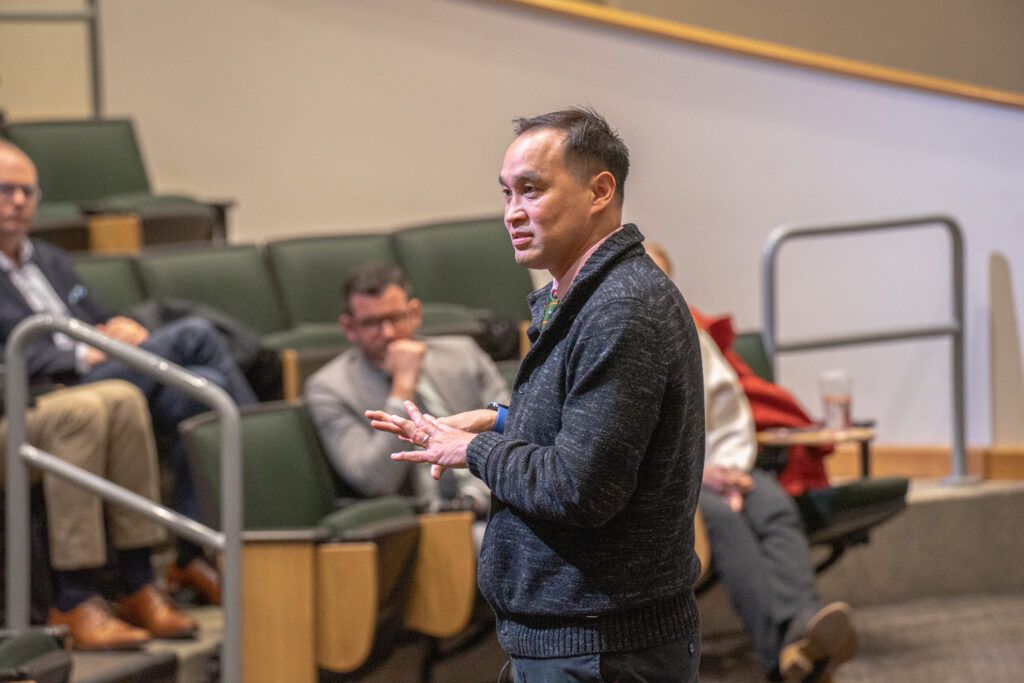
At 7 p.m. on Wednesday, Feb. 8, Dr. Jonathan Tran gave a guest lecture titled “Identity Politics and Anti-Racism: What’s Christian About It?” During his lecture, Tran outlined how most Americans define racism, why it’s problematic, what racism actually is, how anti-racism fits into the popular narrative of what racism is and how this information should be applied to Christians. The event ended with a Q&A session with the audience members.
Tran is a professor of Philosophical Theology and the George W. Baines Chair of Religion at Baylor University. He’s written several books including Asian Americans and the Spirit of Racial Capitalism and Christianity and the Promise of Politics. He is a graduate of Southern California University and Duke University where he focused on language and its intersection with philosophical theology. He said that focus has brought him into “considering how we talk and think about race and racism.”
Tran’s passion for this topic comes from his love for engaging with complex and important ideas with other individuals. He found that same motivation present when he visited Whitworth. He said, “one of my favorite things about my day-long visit at Whitworth was time with Whitworth students… I sense a real energy and hope there, and if there’s anything I need [it’s] to be inspired by things that give me hope.”
David Henreckson, Director of the Weyerhaeuser Center and organizer of the event, said his hope for Tran’s talk was that “…even if not everybody agreed with it, would be an occasion for Whitworth students and community members to think through what we owe to others, how we ought to love our neighbor.”
Tran said in his lecture that most people think of racism as starting on a small, individual level and eventually working its way up into systemic oppression. This makes it easy to believe that racism can be solved by simply changing the negative view people have regarding people who are different from them. But, if it was truly that simple, Tran said that racism wouldn’t still be in existence.
So instead, Tran defined racism as something that begins as systemic and then works down to individual people. It is using race to justify the oppression of certain people and the uplifting of others, with a lack of motivation to change anything.
When discussing anti-racism, Tran said we fail to solve the bigger issue if we only focus on creating diversity in whatever place we operate from. Simply ensuring we have diversity does not automatically disband the oppression and challenges that diverse people face. Implementing diversity into systems that are racist does not make them anti-racist. Tran said we need to start new things and rebuild from the ground up.
An example he used was the racial inequities the United States has in the incarceration system. We know that BIPOC individuals are incarcerated at higher rates than white individuals, but we fail to ask if incarceration and policing is even the best solution to crime. He said the root of this problem is our misplaced focus on diversity, which doesn’t give us room to ask the right questions.
Tran said that for Christians, this issue goes back to sin, which is “privatizing” something that all people should have access to. He said the big issue with racism is that individuals try to claim that because race is biological, treating people differently based on race is not problematic. But research has shown that categories of race are not as clear-cut and dry as people often think. If Christians hold to this viewpoint, they are essentially claiming they don’t need God’s help in fixing mistakes regarding race.
Tran said we need to repent against this mindset. Christians, or anyone seeking to do good, should facilitate and create environments that are not racist. These new environments should focus on the community and bring as many people to the table as possible. Anti-racism cannot be exclusive to certain people; everyone needs to be involved in it.
Tran said his hope for the lecture was for people to understand how racism functions in our society and how prevalent it is. He also said he hopes people can “come to terms with their own participation in what I call a ‘racial capitalist’ society and world. But, I also hope they saw Christianity as part of the solution, even while also seeing it as part of the problem. I hope they came away both aware of the problems and inspired that they can help bring about important solutions.”
Henreckson hoped the event was impactful to students. For him, “Justice has to be absolutely central for Christians and folks of goodwill and good faith, even if they’re not Christians. I think we all ought to care very deeply about loving and doing justice to those that we live alongside.”
Tran wanted Whitworth students to take advantage of their time spent in college and to learn to work with what the university is already doing for the community. “From there,” he said, “Whitworth students can press for change and grow as they love God and their neighbor. Your school is especially well positioned to do all this and has been doing it for a long time.”

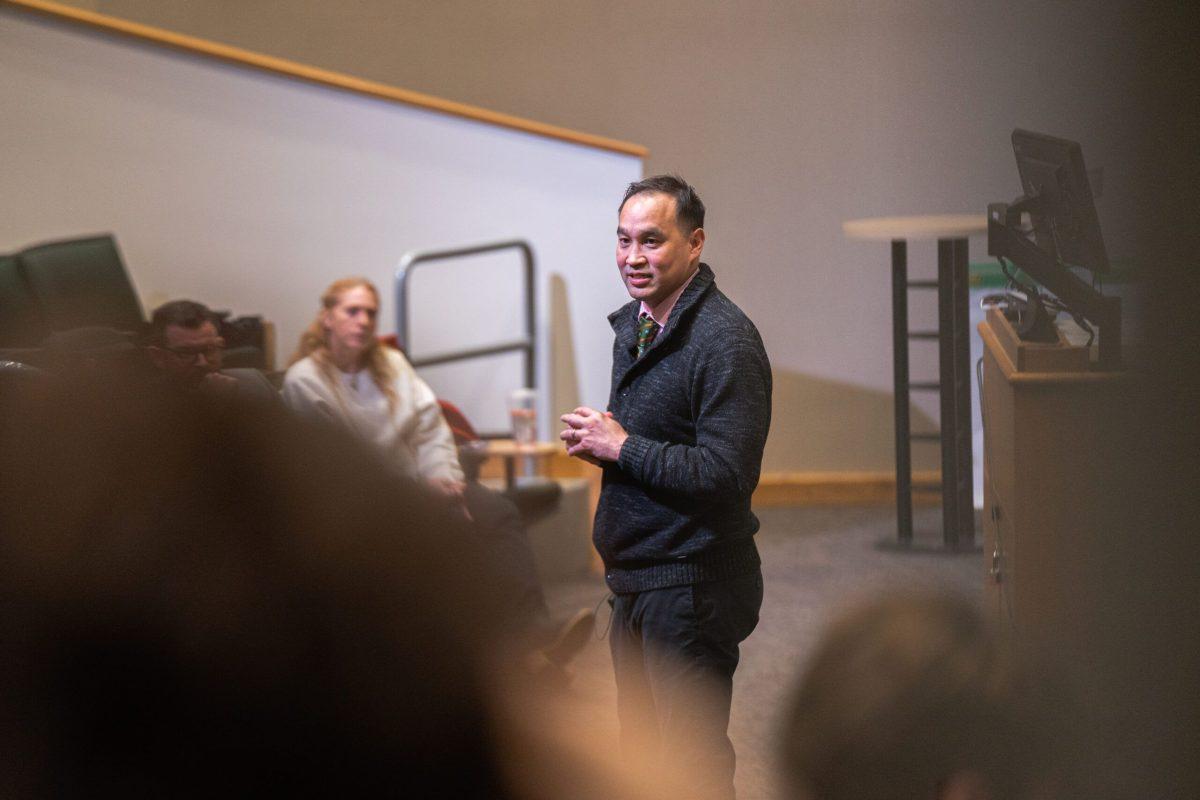






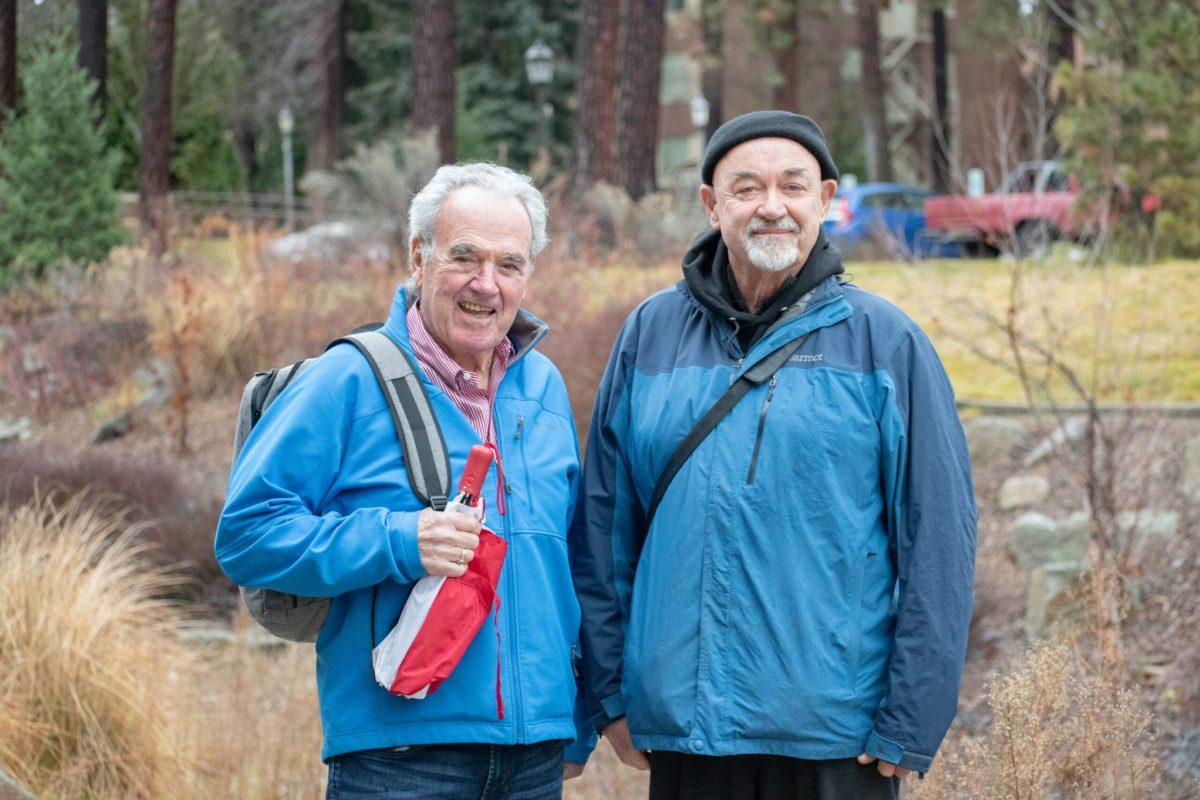

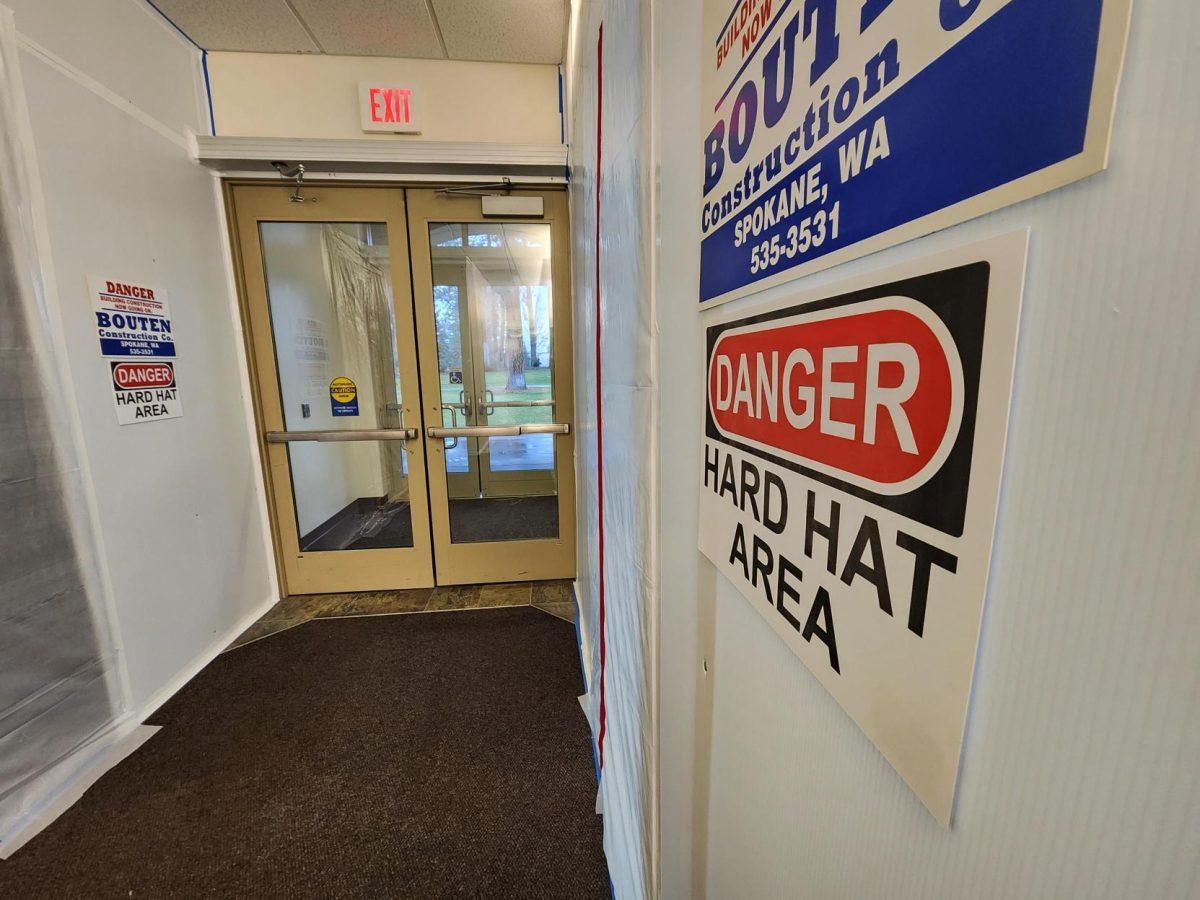
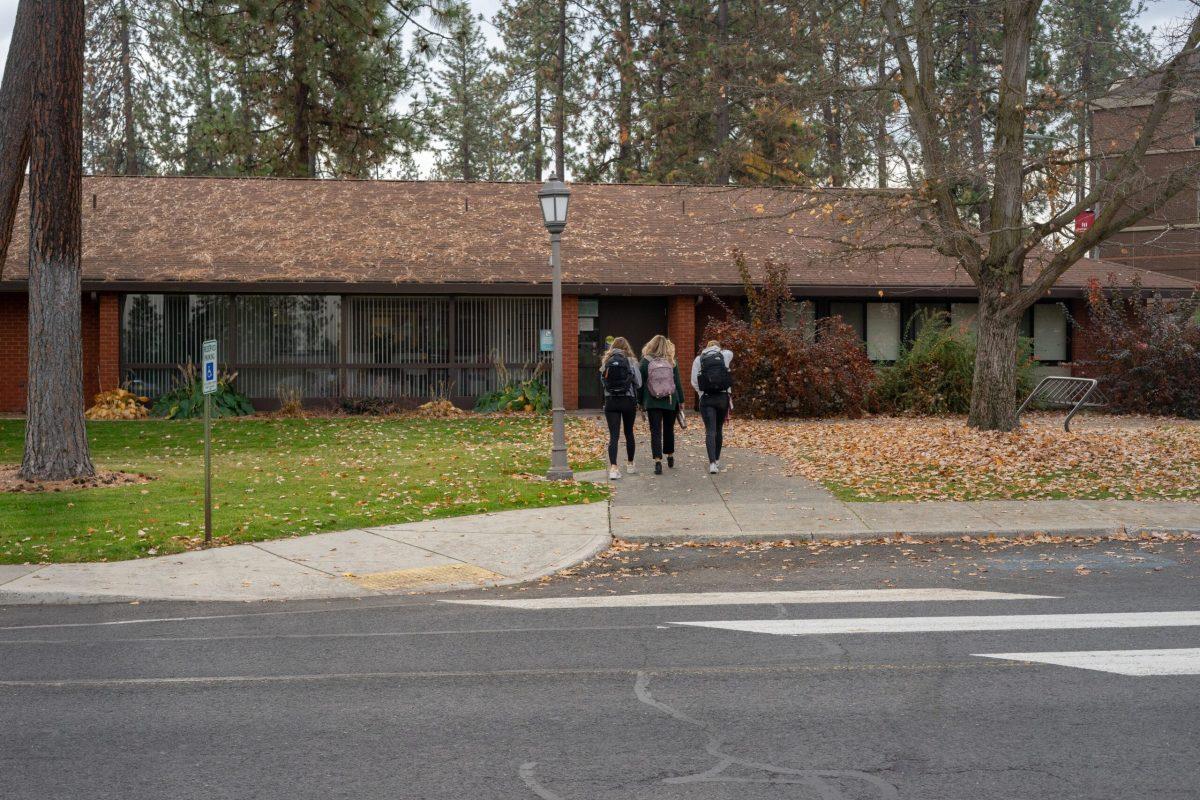

 Spokane?
Spokane?